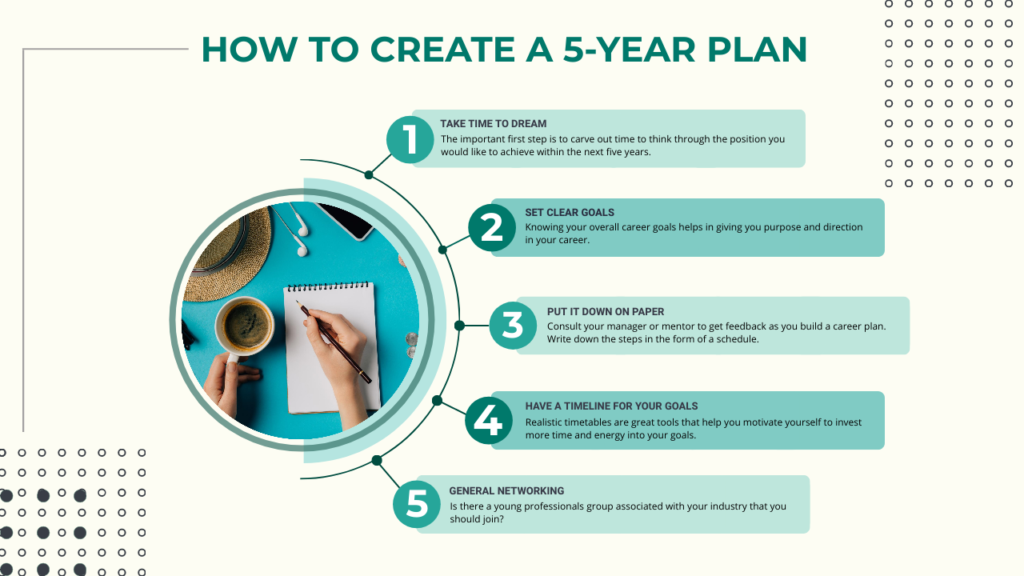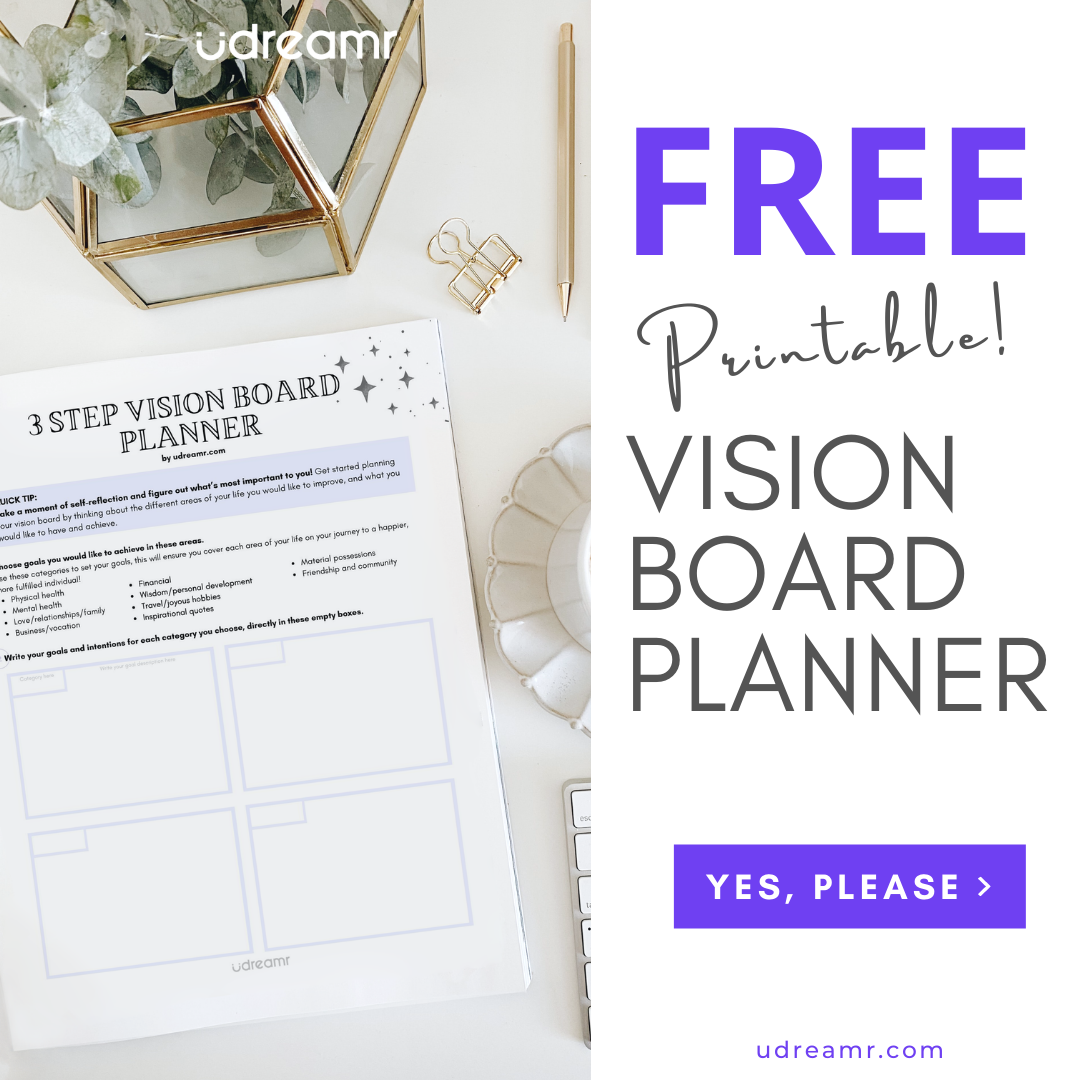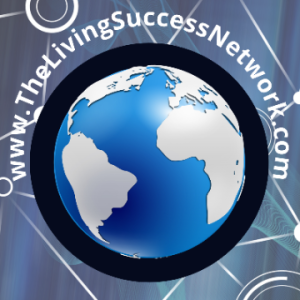Personal development refers to the process of improving your skills, talents, knowledge, and awareness in various aspects of your life. It involves making a conscious effort towards becoming a better version of yourself. There are different areas of personal growth that you can focus on, and in this article, we’ll be looking at the five main areas of personal development.
What is personal development?
Understanding personal growth and development
Personal development goes beyond just developing skills for career growth. It is an ongoing process that centers around improving yourself in different areas of your life. It involves developing your mental, emotional, physical, spiritual, and social well-being. Not everyone will need to work on the same areas, as it largely depends on personal preference and current circumstances.
Why individual development is important
individual development plays an important role in helping you achieve your goals and ambitions. By improving yourself, you not only become more confident but you also become more equipped and better able to deal with challenges and obstacles that come your way. In the long run, individual development can help you live a more fulfilling life.
How to start your individual development journey
Starting your individual development journey begins with self-awareness. By understanding your strengths and weaknesses, you can then determine which areas of your life require development. This can be done by journaling, seeking feedback from friends and colleagues, and reflecting on your past experiences.
What are the five areas of personal development?
The five areas of personal development include:
1. Emotional
Emotional personal development focuses on developing your emotional intelligence and coping skills. It involves learning how to recognize, manage, and express your feelings in a healthy way. On this journey, you’ll learn how to improve your self-esteem, manage stress, and develop healthy relationships.
2. Physical
Physical personal development involves developing and maintaining a healthy body and lifestyle. It centers on activities that improve your physical health such as exercising, eating a healthy diet, and getting enough rest. By prioritizing physical development, you’ll have more energy and feel more able to tackle daily challenges.
3. Intellectual
Intellectual personal development involves developing your knowledge, skills, and creativity. It involves setting goals that challenge you, reading books, taking courses, and seeking out new experiences. This area helps you become a well-rounded individual and more adaptable in different situations.
4. Spiritual
Spiritual personal development focuses on developing your beliefs, values, and connection to the world around you. It involves seeking inspiration and meaning in different areas of life and can include practices like meditation, prayer, or attending religious services.
5. Social
Social personal development is all about building and maintaining healthy relationships and community. This can include improving communication skills, learning to resolve conflicts effectively, and developing more empathy and understanding towards others.
How can I add personal development to my routine?
Create a personal development plan
A personal development plan is a great way to organize your goals and track your progress. It should be specific and prioritized, and regularly reviewed and updated as you progress. This helps you stay focused and motivated in achieving your goals.
Self-awareness
Self-awareness is key to personal development. By understanding your strengths, weaknesses, and preferences, you can make informed decisions about which areas of personal growth to focus on, and how to pursue them. Self-awareness can be practiced through reflection, journaling, and seeking feedback from others.
Learn and improve through experience
One of the best ways to develop is through experience. This can mean trying new things, taking on new challenges, and learning from your mistakes. With an open mind and willingness to learn, you’ll be amazed at how quickly you can grow and develop.

What are some aspects of personal development to focus on?
Improving productivity
Improving productivity is an important aspect of personal development. This can involve learning time management skills, setting goals, and developing healthy work habits. By becoming more productive, you’ll have more time to focus on personal development in other areas of your life.
Listening to personal development podcasts
Podcasts are a great way to stay inspired and informed about personal development. There are many high-quality personal development podcasts available that focus on different aspects of personal growth. Find a few that resonate with you and listen to them regularly.
Reading a personal development book
Reading is another great way to improve your personal development. There are many books available on different areas of personal growth that can inspire and inform you. Find a book or two that resonates with you, and incorporate reading into your daily routine.
Personal development is a lifelong journey of self-improvement, growth, and discovery. It involves focusing on various aspects of your life to enhance your skills, abilities, and overall well-being. By investing time and effort into personal development, individuals can unlock their full potential and lead more fulfilling lives. In this article, we will explore the five key areas of personal development and discuss how they can positively impact your life.
1. Emotional Intelligence: Understanding and Managing Emotions
Emotional intelligence is the ability to recognize, understand, and manage your emotions effectively. It involves being aware of your own feelings and those of others and using this awareness to navigate social interactions and build stronger relationships. Developing emotional intelligence allows you to handle stress, communicate empathetically, and make better decisions.
2. Goal Setting: Mapping Your Path to Success
Goal setting is a crucial aspect as it provides direction and purpose in life. By setting clear and achievable goals, you can outline the steps needed to reach your desired outcomes. Setting both short-term and long-term goals helps you stay motivated, track progress, and celebrate achievements along the way.
3. Communication Skills: The Power of Effective Interaction
Effective communication is essential in personal and professional relationships. Developing strong communication skills enables you to express yourself clearly, listen actively, and understand others’ perspectives. By honing your communication abilities, you can build rapport, resolve conflicts, and foster collaboration, leading to more fulfilling connections.
4. Time Management: Making the Most of Your Precious Resource
Time management is the art of utilizing time efficiently and effectively. It involves prioritizing tasks, setting deadlines, and organizing schedules to maximize productivity. By mastering time management skills, you can minimize procrastination, eliminate distractions, and create a healthy work-life balance, allowing you to achieve more in less time.
5. Continuous Learning: Expanding Knowledge and Skills
Personal development thrives on a commitment to lifelong learning. Embracing continuous learning broadens your knowledge base, enhances your skills, and keeps you adaptable in a rapidly evolving world. Whether through reading, attending seminars, or seeking new experiences, continuous learning enables personal growth, opens doors to new opportunities, and fuels innovation.
Conclusion
In conclusion, personal development encompasses various areas that contribute to self-improvement and growth. By focusing on emotional intelligence, goal setting, communication skills, time management, and continuous learning, individuals can unlock their full potential and lead more fulfilling lives. Embracing development not only benefits you but also positively impacts those around you, creating a ripple effect of growth and success.
FAQs (Frequently Asked Questions)
1. Why is personal development important? It is important because it allows individuals to enhance their skills, abilities, and overall well-being. It helps them unlock their full potential, achieve goals, and lead more fulfilling lives.
2. How can emotional intelligence be developed? Emotional intelligence can be developed through self-reflection, practicing empathy, seeking feedback, and learning effective emotional management techniques.
3. What are the benefits of effective time management? Effective time management leads to increased productivity, reduced stress levels, improved work-life balance, and better overall performance.
4. How can I improve my communication skills? Improving communication skills involves active listening, practicing effective verbal and non-verbal communication, seeking feedback, and being open to learning from others.
5. Why is continuous learning important? Continuous learning is important because it keeps individuals adaptable, helps them stay relevant in a changing world, and provides opportunities for personal growth and advancement.
More Topics:
- The Power of Mindset: Developing an Entrepreneurial Mindset for Success
- Motivational Quotes for Business Success in 2023: Ignite Your Entrepreneurial Spirit
- The Importance of Personalized Nutrition: Achieve Your Health and Wellness Goals
- Proven Ways to Lose Weight Without Exercise
- Discover the Five Remarkable Benefits of Mindful Eating
- How to Be Financially Successful: 7 Tips for Achieving Financial Success


